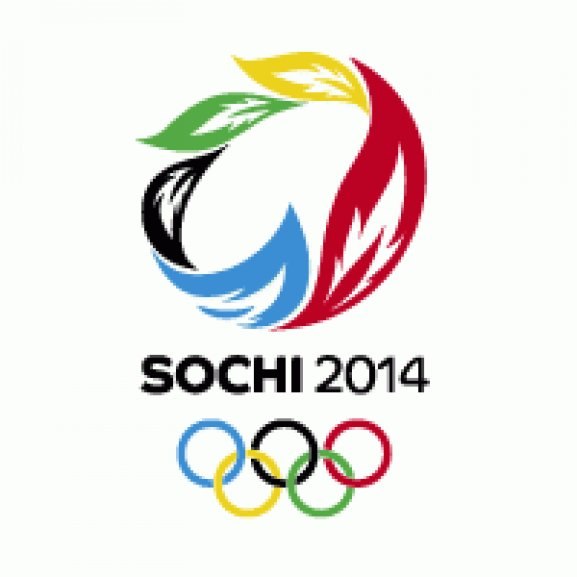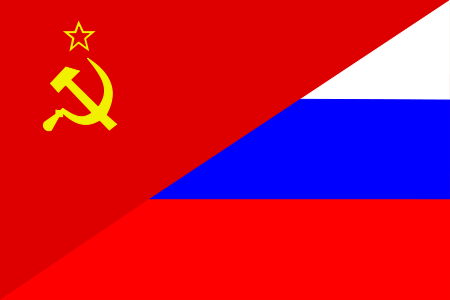The 2014 Olympics in Sochi in the Krasnodar province of the Russian Federation has been slowly bringing attention to the region’s various minorities. Though there has been tremendous historical foot-dragging by the Russian authorities to address their concerns, it seems that some small and surprising progress was made recently with the little-known Shapsug people – a Circassian ethnic group whose population numbers only 3,200 people today. It seems that the issue has been only grudgingly taken up by the authorities – who are far more inclined to ignore or muffle Shapsug concerns – but recent movement to remedy this may increase the visibility of the Shapsug people and possibly work to alleviate their grievances.
The Shapsugs are one of the many Circassian groups that were expelled from the territory now bounded by the Krasnodar province during the long-running Caucasian War of the 19th century. They are included in the official list of minority indigenous peoples, but the most recent governmental effort – passed in 2009 as the “Concept of the Permanent Development of Indigenous Minority Peoples” – to assist such groups has been extremely slow in its implementation. This state Concept has received criticism from the United Nations for being too limited in scope, but even moving forward on this flawed law has been notably slow.
The main concern of ethnic Shapsug activists has been to promote a Shapsug National District centered in the town of Lazarevskoe. Although supported by some Circassian activists, this effort was halted almost as soon as it was broached in the wake of the collapse of the Soviet Union and has languished without official support. Other initiatives have also been ignored by the Krasnodar province leadership up until the present day. Early concepts of the Sochi Olympics ignored the Shapsug dimension entirely, even insulting the local North Caucasian ethnic groups by glorifying the regional role of the Cossacks. With the increased international focus on the region due to Sochi 2014, it seems that the authorities are finally trying to make at least superficial amends to compensate for their earlier lapses.
Krasnodar Governor Alexander Tkachev established direct contact with the leaders of the Shapsugs, namely with the citizens of the village Bolshoi Kichmai. He held a meeting with the elders of the village and announced that the authorities had agreed to a program for the “preservation of the environment and the way of life of Shapsugs” with a budget allocation of 3 million rubles ($91,500). There are also plans to teach the Circassian language in one of the schools in Sochi and, very recently, in April 2013, the Sochi Union of Architects presented a “plan of development of Shapsugs as the indigenous people of Sochi.”
Whether steps like these are part of a larger trend—perhaps taken by the Kremlin to shore up support and decrease tensions in the run up to the Olympics—is yet to be seen, but they hold some promise for a region that has almost two dozen highly disenfranchised ethnic groups. At the very least, the small Shapsug people gain something from this effort on the part of the Krasnodar government.











